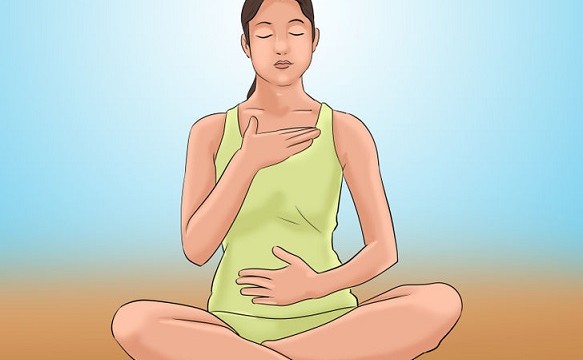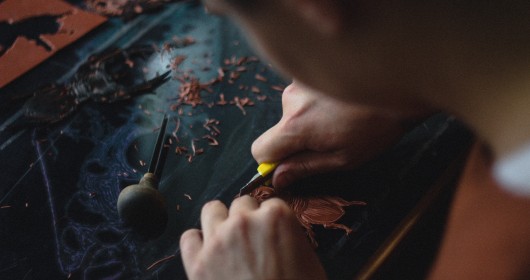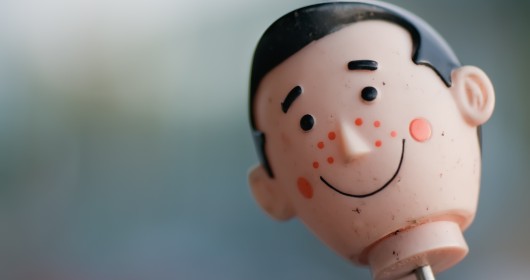If you aren’t practicing breathing you might be heading towards trouble

Breathing happens naturally and automatically from the moment we are born into the world until the moment we die, so why practice?
Well, let’s start with the question, why do we breathe?
I am not asking this as an existential question! Really let’s stop to think about breathing, one of the most important automatic life functions that sustain us from day to day. We breathe so that we can allow oxygen from the air to enter our lungs and then eventually our blood and to eliminate carbon dioxide so that we can expel toxins that do not serve us. The oxygen that we require acts on every single vital function in our body system – everything from digestion to excretion to cell generation to nervous system to brain function etc. Breath is absolutely essential for our survival. If we do not breathe, we die.
Breath is also an important way to measure our emotions, feelings, and stress levels. What does it mean to feel breathless? To feel like we’re holding our breath in? To experience the breath getting faster and our heartbeat rising? Anxiety, stress, panic fear, depression, excitement, being in love, are all emotional states that are interconnected with our breath. Our breath helps us to measure where we are at physically, psychologically, and even spiritually.
The breath is also a tool for meditation and focus. In Yoga, namely asana practice, we use the breath to connect the body to the mind. The breath is in fact the key link. When we breathe in as we raise our arms and then exhale as we fold forward towards our feet we are using the breath to focus our mind in the direction that our body wants to take us. Without our breath as the focus we are at great risk for acting without thinking and for injuring ourselves. The famous saying that you should “count to ten” when you are in an angry state before doing anything about it is really encouraging a person to stop and take deep breaths before acting. And if you have ever tried this, the deep breathing does work! It stops our minds from racing and our thoughts from getting out of control. It is a way of calming the mind gently and with compassion.
Of course, it is not always easy to remember to breathe, especially when we are in our most emotional states. And this is why a breath practice, whether it is pranayama (trying to extend or lengthen the inhale and exhale), or meditation, or mindfulness, or anything else, if we have a daily breathing practice, it helps us to remember to breathe in our day to day life.
At a spiritual level, in the Yoga philosophy, breath is prana, or vital life force energy. Without prana, we are not alive. The life force energy that enters into our system sustains us and provides us with all that we need to be fully functioning human beings who exist in the cosmos. When our prana is weak, our life force is weak, and we are not able to live our dharma, or life purpose. When our prana is strong, we are able to express our authentic selves and contribute to the world in the way we are meant to do so. So, breath is not only connected to physical and mental functioning, but also to our very essence as spiritual beings.
In the Yoga therapy tradition, breathing properly and mindfully also has the capacity to heal. Speaking from my own personal experience, I have used breath as part of a pain management program. After a few years of chronic neck pain, my Yoga teacher recommended breath work (along with other Yoga therapy) to help relax my neck muscles and work on my pain. I have to say that the breath work seems to have done an amazing job. Whenever I feel pain and I do my breath work, the pain seems to diminish and sometimes even vanish, and I have not even required pain medication. This has been my experience, and everyone’s experience with breath work is different. Serious therapeutic breath work should only be undertaken with the assistance of a professional Yoga therapist or mindfulness meditation teacher specializing in therapeutic breathing techniques. If you have any respiratory conditions (e.g. asthma, inflammation in the lungs, chronic sinus problems etc.) then you should not do regulated breath work before consulting with a health professional. Also, if you have psychological conditions that negatively impact your breath you should consult with a medical professional or Yoga therapist before you do mindful breathing.
But, if you are generally healthy and have never tried a breathing practice before, here is what I suggest for an exercise to start you off:
1. Lie down in a comfortable position on the floor. Make sure you have a blanket or pillow under your neck and under your knees so that you are relieving any tension in these joints.
2. Close your eyes and relax your face.
3. Relax your feet, legs, hips, back, arms, torso, and head. Focus on each part and consciously tell yourself to relax.
4. Place your left hand in the middle of your chest and your right hand on your lower belly.
5. Start to notice the breath going in and out of your nostrils. You do not have to force your breath in any way, just breathe naturally.
6. Start to deepen your breath using the following technique. As you inhale first expand your chest and your upper abdomen and finally your lower abdomen. As you exhale, first suck in your lower belly (contract the muscles) and pull the belly up towards your chest, and then relax your upper abdomen and chest as all the air flows out of your lungs.
7. Try doing this for a few breaths to see how it feels. The movement should be relaxed yet deep. You shouldn’t force the breath in or out. Also, eventually, the movement of inhale and exhale should feel like a wave going in and out of your body.
8. Once you are comfortable with the breath technique, start to count the length of your inhale and exhale second by second. You may notice that you can inhale for a count of 6 but can exhale for a count of 8. You may notice that you struggle more to exhale than to inhale. Just notice what your experience is. There is no right or wrong experience here.
9. After you find a comfortable ratio of inhale and exhale, take 6 full breaths (inhale and exhale 6 times).
10. After you finish your 6 breaths, start to breathe normally again. Relax your entire body, your abdomen, your chest, your face, your forehead.
11. Keeping your eyes closed, just notice your experience. Notice if you feel different from before you started breathing consciously.
12. When you feel ready to come up, turn to one side and help yourself up into a seated position.
13. If you have a meditation practice, now would be a good time to meditate as your mind will likely be much quieter!
How did that feel? What did you notice about your breath? I would invite you to try this a few times a week to start, and then eventually every day. You could do it sitting down or standing. You could do it during your lunch hour when you take a break from a busy work day. You could also do it in bed just before you go to sleep, or right after you wake up in the morning.
If you’re able to find a routine to practice breathing, you will have done your body a huge service. The technique that I’ve shared with you has the capacity not only to help you breathe better, but also, if done correctly, massages your organs, enhances your bodily functioning, and even heals physical and psychological pain.
I am not claiming that breathing can solve all your life problems, and if you have a serious medical condition or illness you should definitely be following your medical practitioner’s advice about how to take care of your symptoms. However, if you are willing and able to start to notice your breath, and to practice breathing mindfully, you will notice tremendous benefits in the long run. Breath work is both a proactive health strategy as well as part of a treatment plan for both minor and major illnesses and disease.
You may never start a breathing practice, and that’s alright. It may just be important enough to take a moment every now and then to pay attention and recognize how important your breath is. To be able to breathe is a blessing, and all of us should take some time to notice it. Otherwise, we may breathe our whole lives without even being aware of that we are breathing!
So, to answer the question, why do we breathe? We breathe to live. And if we make a commitment to practice breathing then perhaps we will not only get better at breathing, but also at living!





